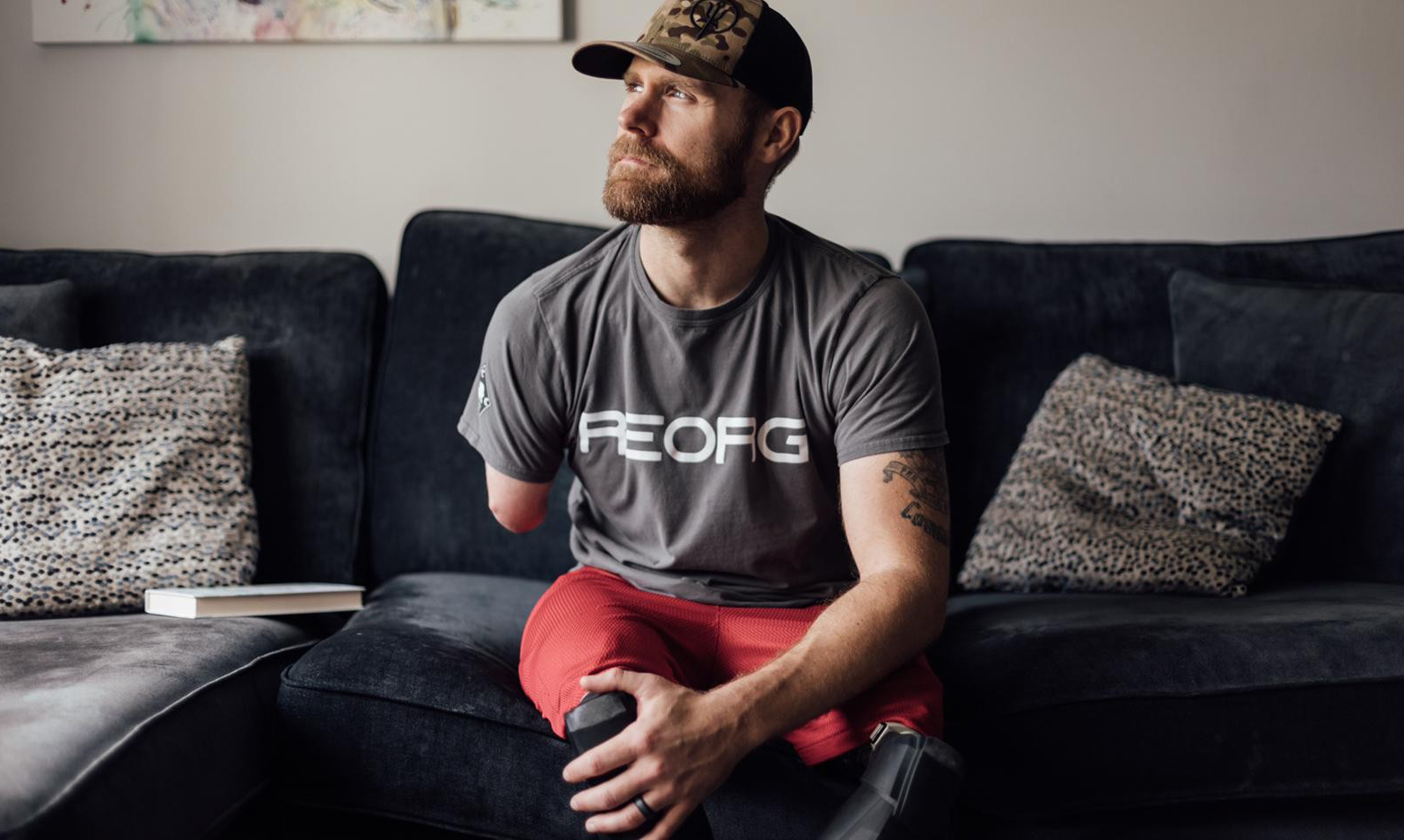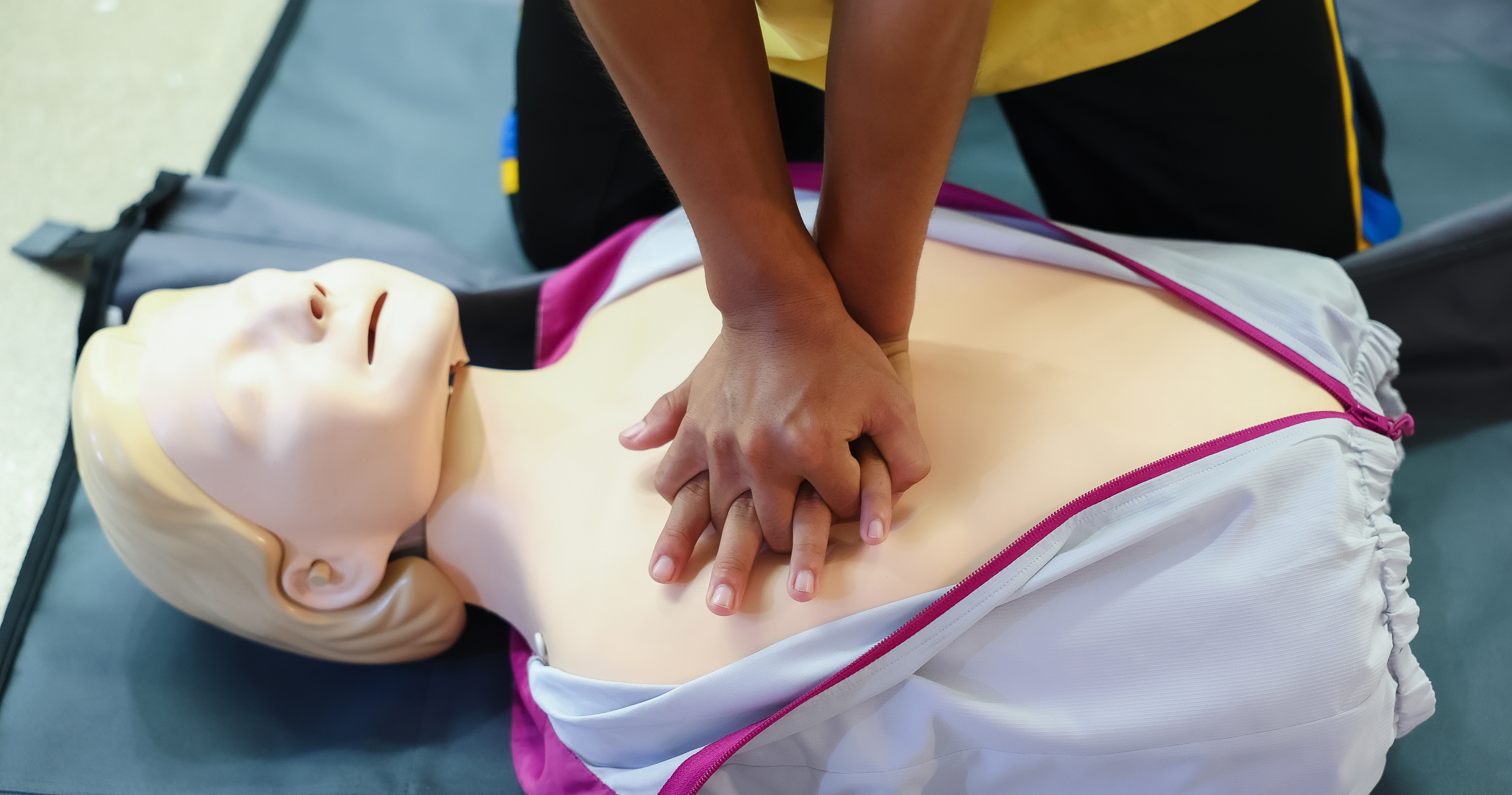
Resuscitation Council UK (RCUK) has teamed up with former Royal Marine and Invictus Games athlete Mark Ormrod MBE and the Amputation Foundation, to get more people across the UK learning the simple steps of CPR. Not just chest compressions, but the many other vital actions that can help keep someone alive until emergency services arrive.
The message from RCUK, Mark Ormrod, and the Amputation Foundation is simple – even if you are unable to do CPR due to physical limitations, you have the power to act and be part of the chain of survival by:
- Calling out for help (Shout)
- Alerting emergency services (Call 999)
- Telling someone to get a defibrillator (Guide)
- Supporting or coordinating CPR efforts
New research commissioned by RCUK reveals a widespread lack of public confidence in performing CPR, reinforcing the charity’s ongoing call for everyone to learn this lifesaving skill during Restart a Heart month each October.
The survey revealed:
- Two in five (39%) UK adults admit they wouldn’t know how to perform CPR.
- Only 35% say they would get involved if they witnessed a cardiac arrest.
With thousands of out-of-hospital cardiac arrests happening each year, these findings highlight a critical confidence gap. Every second counts when someone has a cardiac arrest, and early CPR can double the chances of survival. Encouragingly, an overwhelming majority (69%) agree that people with limb differences are capable of intervening during the ultimate medical emergency – a clear reflection of public recognition that everyone has a role to play in saving a life.

Mark Ormrod MBE said: “It means a lot to me that the majority of people recognise that having a limb difference doesn’t stop you from helping in a cardiac emergency. I, like many people have faced plenty of challenges in life, but I’ve never let those challenges stop me from stepping up, and I don’t believe anyone else should either. When someone’s in cardiac arrest, it’s not about being a hero or doing everything yourself. It’s about taking action, however you can.”
James Cant, CEO at RCUK said: “Cardiac arrest is a life-or-death situation, and it's crucial that more people feel empowered to act. Our research shows a gap in confidence, but the message is clear, learning CPR can make all the difference. It’s also important to remember that CPR is not just about chest compressions - shouting for help or calling 999 are just as critical. It takes a team effort to save a life, and we want everyone to know they have a role to play, no matter their physical ability.”
However, the research also uncovered that over half of UK adults (52%) believe people with an amputation or limb difference would need specialist CPR training. In reality, no specialist training is required. The core steps of CPR remain the same for everyone and simple changes can enable everyone to participate confidently.
Ste Cruse, Founder of Amputation Foundation said: “Our mantra is "There is Life After Amputation" and we strive to encourage people to get involved with as many activities as possible including things that maybe they had never tried pre-amputation. We wanted to support the Restart a Heart Campaign as there is no reason why an amputee can't play a potentially vital role in the chain of survival. We will certainly be promoting the campaign with each of our Support Hubs and encouraging our members to sign up for CPR training."
This Restart a Heart month, RCUK is calling on the public to:
- Lifesaver - Learn CPR, so you know what to do if someone collapses.
- Donate to support RCUK in bringing CPR training to every corner of the UK.
- Get to know defibrillators through their updated Automated External Defibrillator (AED) guide, covering how and when to use them, advice on buying and installing devices, and why registering with The Circuit matters.